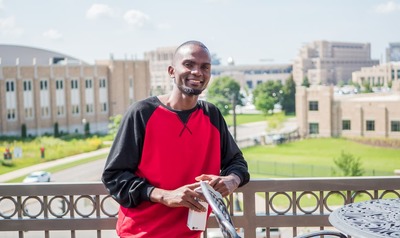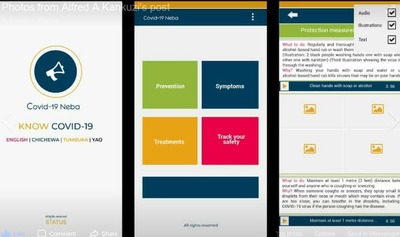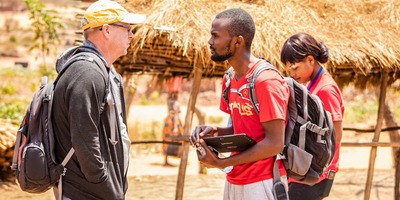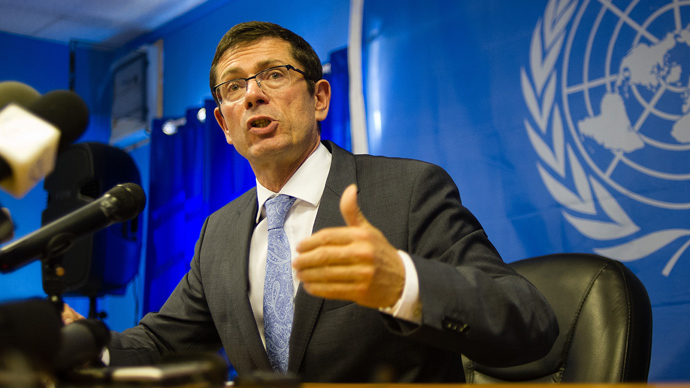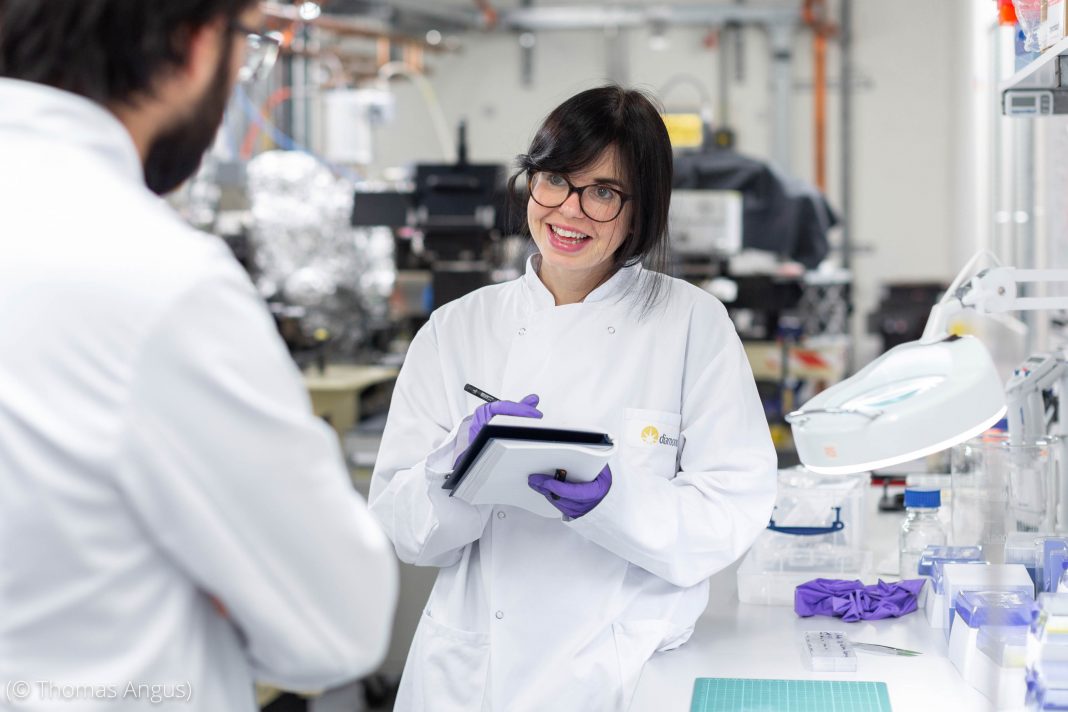This article was originally published by the Pulte Institute for Global Development and written by Jennifer Krauser. It is re-posted here with permission.
In a time where the world is looking for answers, Alfred Kankuzi is taking action to help stop disinformation and provide potentially life-saving information to his fellow Malawians. In early April, Alfred discovered that most Malawians were learning about COVID-19 through social media, which was causing more confusion, fear and panic, and saw an opportunity to create an app that could break local language barriers and provide accurate information to as many people in Malawi as possible.
COVID-19 NEBA, which means "Hey Neighbor" in Chichewa, is a free app that provides content in three languages – Chichewa, Tumbuka, and English – and gives users information from the World Health Organization (WHO) about what COVID-19 is, how it spreads, how people can prevent it and do home care if infected. The app has the option of textual, illustrations or audio content in all three languages to assist with the low literacy rate in Malawi, and has an optional tracking function to ensure family members are following social distancing and COVID-19 preventive and protection measures.
A skilled software and mobile app developer, Alfred was able to create the COVID-19 NEBA app in just five days, designing it so that any country can add their local languages and make it accessible for their users.
“In Malawi, internet is difficult to access and usually expensive, so I designed the app so that it only requires data when downloading and syncing to the local database. That way information can be easily accessed offline,” said Alfred, who is the CEO and Founder of Status Innovation Limited, a Malawian based social enterprise using design thinking, machine learning and Internet of Things technologies to develop local solutions and support young innovators. “I believe that the Application can be of great importance not only to my country but also to other countries where fake news, myths and language barrier on COVID-19 information is the challenge.”COVID-19 NEBA, which means "Hey Neighbor" in Chichewa, is a free app that provides content in three languages – Chichewa, Tumbuka, and English – and gives users information from the World Health Organization (WHO) about what COVID-19 is, how it spreads, how people can prevent it and do home care if infected. The app has the option of textual, illustrations or audio content in all three languages to assist with the low literacy rate in Malawi, and has an optional tracking function to ensure family members are following social distancing and COVID-19 preventive and protection measures.
A skilled software and mobile app developer, Alfred was able to create the COVID-19 NEBA app in just five days, designing it so that any country can add their local languages and make it accessible for their users.
Alfred first came to Notre Dame in 2017, where he spent six weeks learning about entrepreneurship and servant leadership as part of the Mandela Washington Fellowship for Young African Leaders. Since then he was granted not one, but two Reciprocal Exchange opportunities through the U.S. Department of State, which funds an American citizen to travel to a Fellow’s country and work on a specific project together.
In 2018, Alfred hosted Dustin Mix, a triple Domer and Co-Founder of INVANTI, to conduct a human centered design thinking technique workshop for over 50 entrepreneurs, leaders, and innovators seeking to develop solutions in their communities. In 2019 Tom Marentette, University of Notre Dame IT Solutions Architect and Streaming Program Manager, traveled to Malawi to co-facilitate digital skills and tool building workshops for young women and girls. These invaluable experiences reinforced Alfred's desire to help those less fortunate.
"We need to feel, relate, think and be in the shoes of our communities for the greater good, and not personal gain. This is what the University of Notre Dame and the Mandela Washington Fellowship for Young African Leaders has taught me."
As a Program Manager supporting the Mandela Washington Fellowship for Young African Leaders at Notre Dame, I get to see eager Fellows arrive on campus with so much hope for their future and the prosperity of their communities. Our Fellows are challenged during their Fellowship both in the classroom and the South Bend Community – by the end of the six weeks most feel energized and inspired to make the world a better place through entrepreneurship. It’s such a privilege to play a small role in their incredible journey to becoming world leaders. Go Irish!


